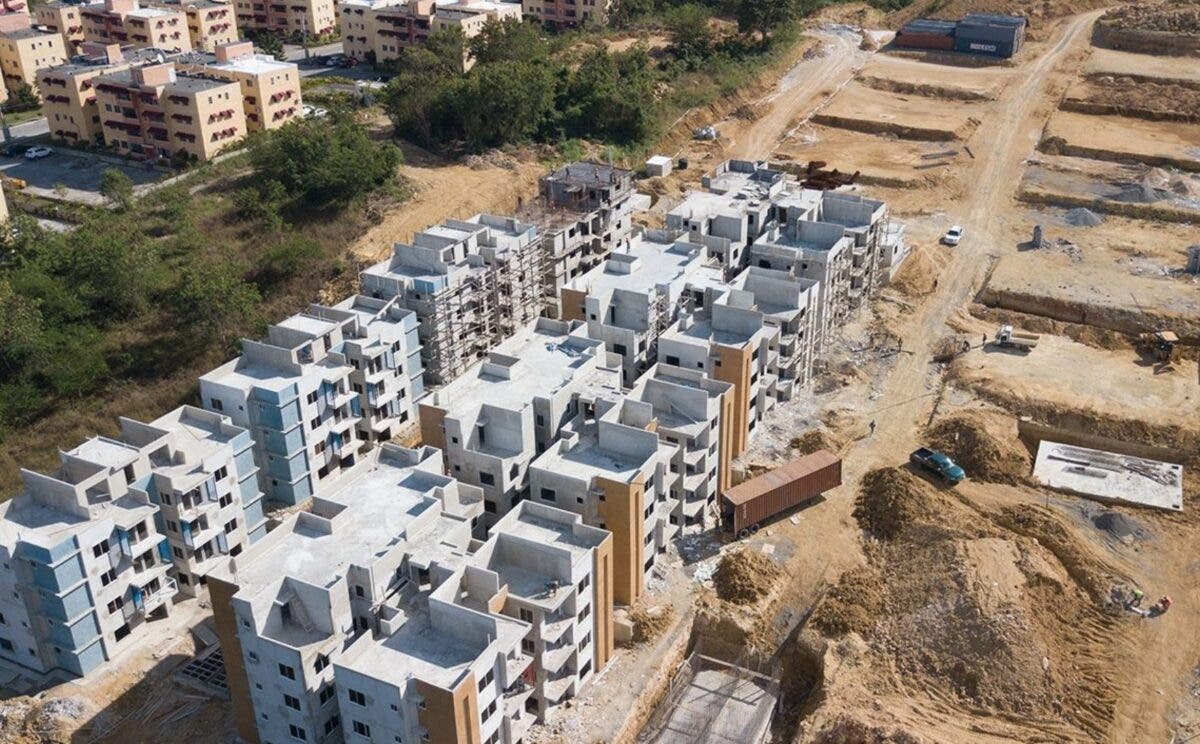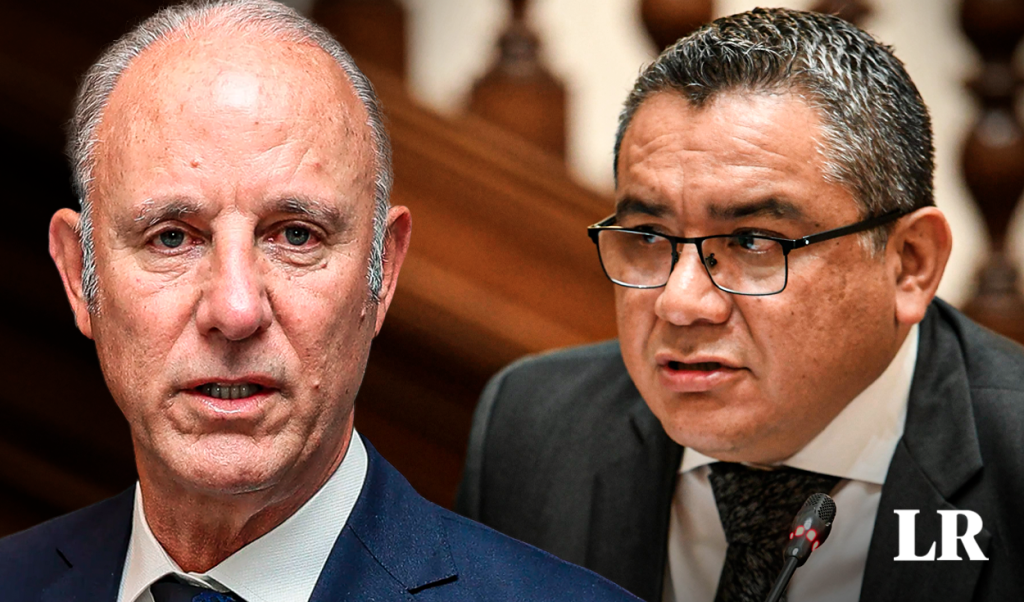Saint Dominic.-The measures adopted by the Monetary Board and announced by the Central Bank increase the liquidity of the national financial system by 175 billion pesos, which seeks to stimulate economic activity at the end of 2024.
This measure, as a result of the redemption of bills and notes for RD$140 billion, added to the recent release of RD$35 billion from the legal reserve, puts this money in the banks’ hands for consumer loans or investments for their clients.
The redemption of bills and notes from the Central Bank will allow financial entities to have RD$140 billion available during the last quarter of the year, while the RD$35 billion of the legal reserve will be specifically allocated to finance construction projects and housing acquisition.
According to the governor of the BCRD, Héctor Valdez Albizu, this monetary flexibility aims to promote favorable conditions for credit, consumption and investment.
Of the amount of the legal reserve released, 40% (about RD$14 billion) will be allocated to loans for the acquisition of low-cost homes, with maximum interest rates of 10% annually and terms of up to seven years. The remaining 60% (RD$21 billion) will be used for interim loans and construction projects, in an effort to boost the real estate and construction sector.
The liquidity injection is designed to boost aggregate demand and support economic growth. These measures seek to accelerate the transmission mechanism of monetary policy, which this year has seen a cumulative reduction of 75 basis points in the monetary policy rate.
This credit stimulus will allow multiple banks to offer financing with lower interest rates, which in turn should encourage consumption and investment. Sectors such as commerce, construction and housing acquisition will be the main beneficiaries, generating a positive impact on the growth of the gross domestic product (GDP).
Current economic context
The Dominican economy has shown signs of recovery during 2024, with cumulative GDP growth projected at around 5.1%. This performance has occurred in an environment of price stability, with year-on-year inflation that remains close to the lower limit of the target range of around 4%.
The decision to release liquidity also responds to the Central Bank’s commitment to maintaining economic dynamism and guaranteeing that the financial system can satisfy the credit demands of the productive sectors and households.
The Association of Multiple Banks of the Dominican Republic (ABA), through its executive president Rosanna Ruiz, described the measure as an important step to consolidate the economic recovery and strengthen confidence in the financial system.
For his part, the president of Banco BHD, Steven Puig, described the measures as timely and accurate, precisely to stimulate the economy. “We are going to end the year with very good news and the governor of the Central Bank announced that we will end with more than 5%, so it is a timely stimulus and will be a good basis to enter 2025 with good batteries,” highlighted the executive.
Likewise, Rene Grullón, senior executive vice president of National and International Business at Banco Popular, understands that these measures encourage the economy and are a stimulus to conclude a year with greater dynamism and influence a reduction in the interest rate in banks.
He pointed out that the measure may influence a reduction in the banks’ interest rates. “That is something that has been talked about for some time, and it is good that the Central Bank has already made the decision, because although the monetary policy rate has gone down, the monetary policy rate has not, the real one has not, because liquidity is still not It has been seen overnight, in the liquidity surpluses of the entire entire system, so that the deposit rate drops.
So if the passive rate does not go down, then the active rate typically does not go down,” he indicated.
Although these measures represent a significant stimulus, some economists warn of the need to monitor their implementation. Excess liquidity could generate inflationary pressures.
AIRD with measure to boost economy
Impulse. The Association of Industries of the Dominican Republic (AIRD) described the release of legal reserve resources announced by the Central Bank as positive, anticipating that this measure will contribute to boosting the economy towards the end of the year.
Mario Pujols, executive vice president, expressed that the union’s expectation that this measure, together with the recent reduction in the monetary policy rate, will translate into a decrease in interest rates applied by financial institutions, as has happened on occasions similar.
He stressed the need to expand financing opportunities for the industrial sector.
“We see financing fairs for vehicles and homes, but we have not yet had the first fair for the industrial sector,” he said when proposing to consider soft loans for the industry.















